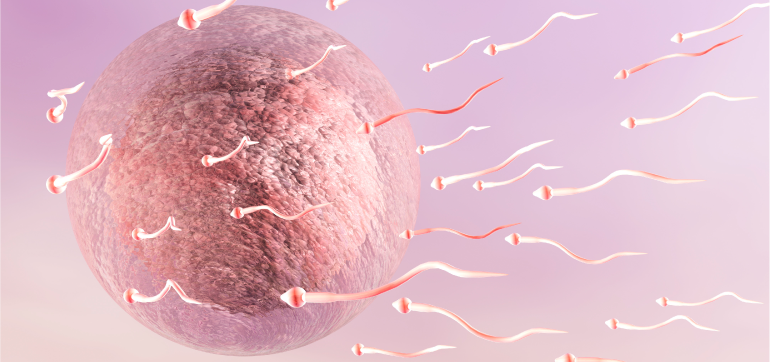
Genetic/Chromosomal Diagnosis
Chromosomal analysis, also known as karyotyping, is the process of taking a sample from a pregnant woman and then analyzing the number and structure of the chromosomes. This then allows the detection of any abnormalities.
What are chromosomes?
Chromosomes are considered the “body’s genetic blueprint”. That is that they contain thousands of genes that are responsible for the persons physical and mental characteristics. These genes are responsible for the growth and development of everyone. As a result, abnormalities and illnesses can be detected by analyzing genes. Humans have 46 chromosomes (23 pairs).
What is chromosomal diagnosis/karyotyping?
Chromosomal abnormalities can be either structural or numerical. Thus, anything more or less than 46 chromosomes indicates a problem in health and developmental problems. As for structural abnormalities, the severity of the chromosomal alteration results in a difference in the significance of the problem. Chromosomal diagnosis determines in the analysis of the number and the structure of the chromosomes.
How is the test performed?
The test is usually done on amniotic fluid and lymphocytes from a blood sample. A blood sample is collected by placing a needle in the vein of the arm. Amniotic fluid is done by a healthcare professional using amniocentesis. A tissue sample or bone marrow is collected using a biopsy procedure. The cells are then cultured, and cell division is promoted. The chromosomes are then isolated and treated with a special stain. The chromosomes are then rearranged to match up pairs and are arranged from smallest to largest.
What are abnormalities that can be detected?
- Edwards syndrome – An extra chromosome 18 (Causes mental retardation)
- Patau syndrome – An extra chromosome 13
- Down syndrome – An extra chromosome 21
- Klinefelter syndrome – An extra X chromosome in males
- Turner syndrome – A missing X chromosome in females
